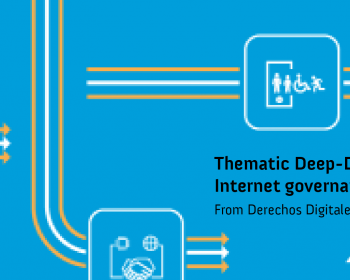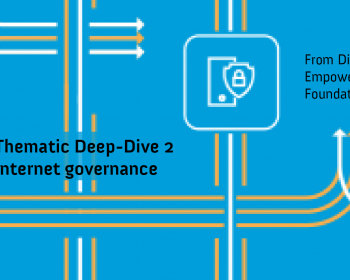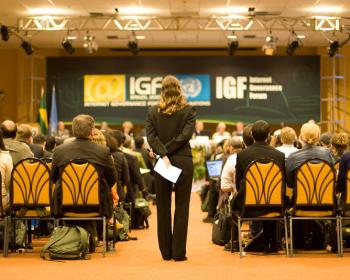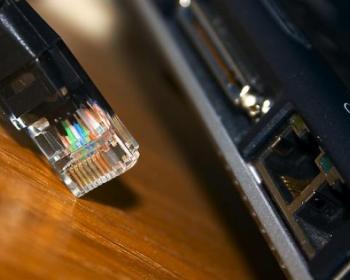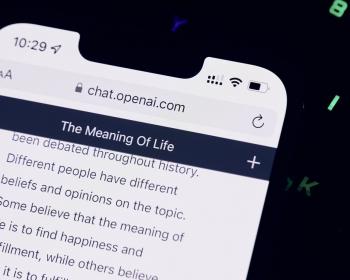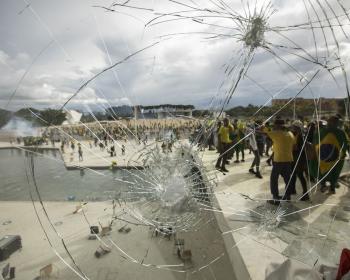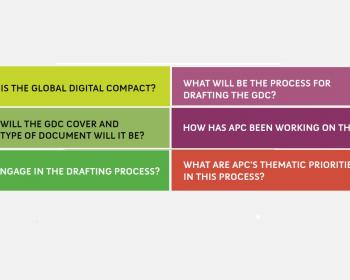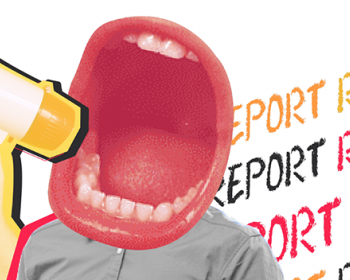Internet governance
In its statement, APC member Derechos Digitales stresses that the Compact being drafted should provide for proactive actions towards building effective multistakeholder processes and increasing broader participation in all digital cooperation and internet governance discussions.
In its statement to this Deep-Dive session, APC member organisation DEF, based in India, poses the question: Is internet governance relevant only to those who use and access the internet, or also to those who do not have the ability or privilege to have internet access?
How did the world begin to establish the internet's basic governance rules and try to enable universal access? Carlos Afonso, director of Nupef and co-founder of APC, offers a historical look at the uneven global internet governance movement, from the 1998 International Telecommunication Union (ITU) meeting to the first World Summit on the Inform...
India imposed 84 internet shutdowns in 2022, the highest number globally for the fifth year in a row. APC joins a global civil society coalition to urgently ask the Indian government to create meaningful safeguards for citizens' digital rights and ensure unfettered access to an open, secure and reliable internet.
New applications like ChatGPT based on AI and large language models are likely to be transformative, a step change in technology like the internet was 30 years ago, but much faster. The technology is now out of the bag and can't be uninvented, and we should move swiftly to figure out its implications, deployment and governance.
Last year saw the highest number of internet shutdowns ever recorded. Such enforced digital darkness is a slippery slope of easy authoritarianism that we see spreading globally, one that countries like India, with the world's highest number of shutdowns, are using to gain undemocratic compliance from their citizens.
On 8 January 2023, there was a shocking and violent coup attempt in Brazil that came on the heels of years of accelerating mass disinformation and fake news, reinforced through social networks and messaging apps. Our member and board director analyses this urgent test case of how a democracy can fight such information corruption and hold digital platforms accountable for mod...
This presentation was jointly delivered by Joana Varon (Coding Rights) and Valeria Betancourt (APC) at the Global Digital Compact Americas Multistakeholder Consultation held in Mexico City on 15-16 February 2023 to discuss the challenges, opportunities and priorities of the region.
This introductory brief produced by APC seeks to provide civil society organisations with an initial understanding of the strategic relevance of engaging in the UN-led Global Digital Compact process by developing inputs based on a long-term vision for what we want the internet to be.
In part two of our interview with the Centre for Independent Journalism (CIJ), Malaysia, about their innovative hate speech monitoring tool, we dive deeper into the nuances and challenges of hate speech, biases both algorithmic and human, as well the as the possibilities for civil society and citizens to fight hate speech.

Association for Progressive Communications (APC) 2022
Unless otherwise stated, content on the APC website is licensed under Creative Commons Attribution 4.0 International (CC BY 4.0)



